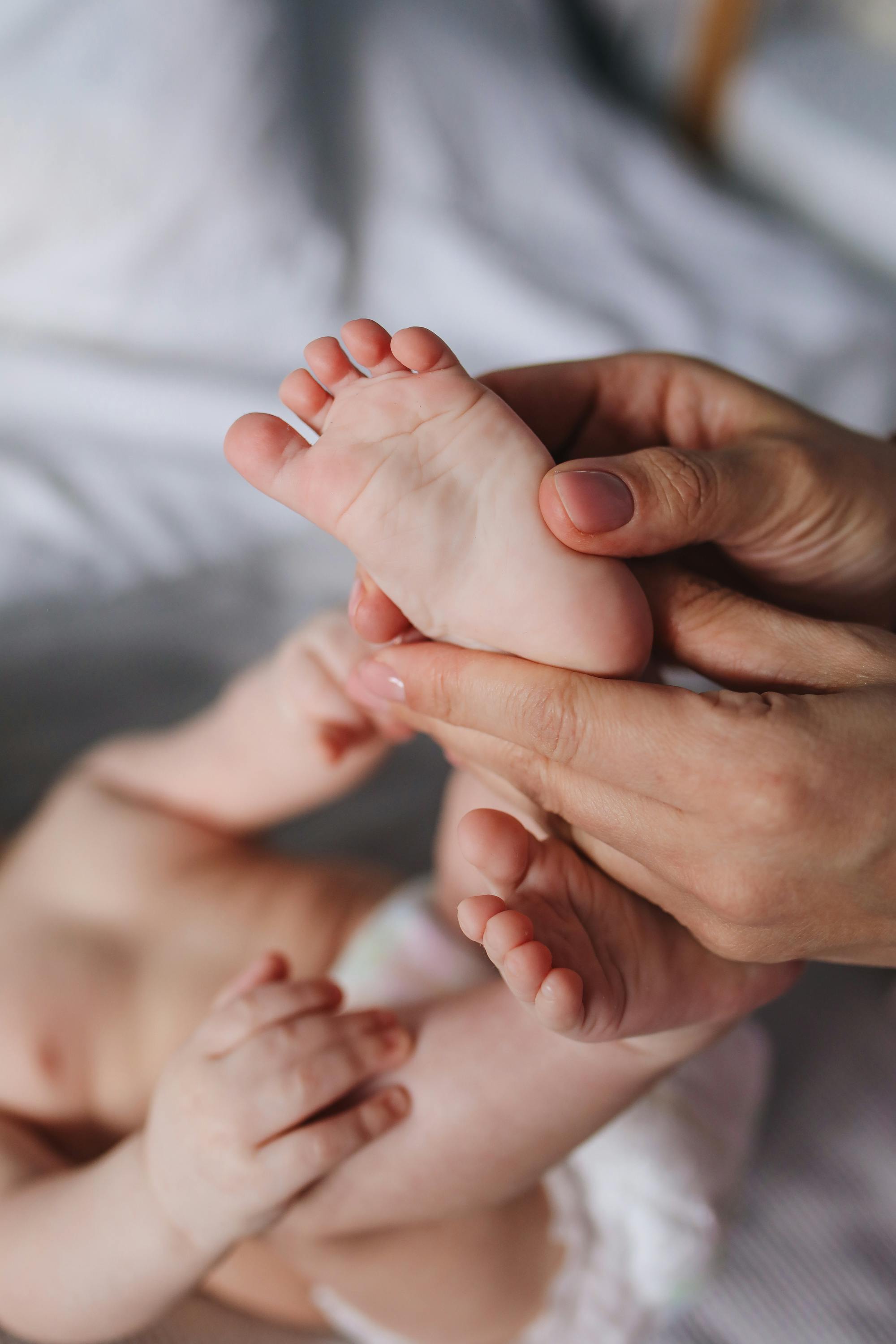Understanding the Importance of Personal Space for Newborns: The Do's and Don'ts of Touching Babies

In our society, it's considered standard practice to approach newborn babies with love and enthusiasm, often expressed by reaching out and touching them. However, it's crucial to understand the profound significance of personal space for newborns and strictly practice the etiquette of not touching. This understanding augments the well-being of the baby and also builds a more child-friendly environment.
Why You Shouldn't Touch Newborns Without Parental Permission
Newborns are a bundle of joy to everyone around them. However, they possess a highly vulnerable immune system, as it is still in its developmental phase. This vulnerability makes them susceptible to various infections, escalating the necessity for maintaining a touching etiquette. Touching a newborn without permission can expose them to unwanted and potentially harmful germs.
Unsolicited touching often sparks distress among parents as the health and safety of their child are their primary concerns. Showing respect towards personal space is not just a mark of humane conduct but also a significant step towards ensuring a hygienic environment for the baby.
Health Implications: The Consequences of Ignorance
The health implications of ignoring the personal space of newborns can be quite severe. When someone from outside the immediate family, who hasn't necessarily followed the strict hygiene practises required around newborns, touches the baby, they risk transmitting harmful bacteria and viruses to the tender one.
Newborns, unlike adults, do not have a fully developed immune system and are not capable of fighting off bacteria and viruses as effectively. Thus, something as trivial as common cold germs for adults could lead to severe health conditions, like pneumonia, in babies.
Understanding Boundaries: Respecting Parental Rights and Concerns
Drawing a line regarding one's conduct around newborns is not just about the baby's health; it's equally about respecting the parental boundaries. Having a newborn is a life-altering experience that comes with an array of emotions, and heightened levels of anxiety and protectiveness are significant parts of it. When this space is invaded, it adds to the stress of the parents, which is not healthy for either the parents or the child.
Appreciating and respecting a parent's wishes regarding their newborn's personal space helps in building a supportive environment. It reduces stress levels, fosters a positive atmosphere, and establishes a sense of respect and understanding between individuals.
The Courtesy of Asking: Politeness Matters
Simply asking for permission before touching a baby can make a world of difference. For instance, it alleviates parental anxiety, respects the family's privacy, guards the baby's health, and cultivates a respectful and caring environment.
The politeness of asking showcases your understanding and respect towards the baby’s health and safety needs. It subtly suggests your awareness about the potential risks that unsolicited touching can pose and clarifies that you prioritise the baby's well-being over your desires.
Conclusion: A Healthy Practice for a Healthy Future
Understanding the importance of a newborn’s personal space is a critical aspect of promoting a healthy and safe environment for the child. It accentuates the significance of hygiene, cuts down the risk of potential infections, respects parental rights and, most importantly, is an integral part of being a considerate individual.
Remember, asking for permission before touching a newborn is not just about courtesy; it's about securing a healthy future for a newborn. Let’s nurture a culture of respect and understanding for one another. After all, it takes a village to raise a child.
Offering Safe Alternatives: Finding other ways to express your excitement and joy
Feeling excited to meet a newborn is natural. Instead of touching, consider expressing your joy through kind words, a warm smile, or even a thoughtful gift. Also, respecting the parents' decision about touching, particularly in the early weeks after birth, can be the greatest gift you can offer their family.
The practice of not touching a baby without permission is an essential social etiquette that needs to be widely accepted and followed. Remember, every small step towards this practice is a giant leap for reducing the health risks for newborns.
Through patience and understanding, we can cultivate an environment of respect for personal space, contributing to the safety and well-being of our youngest, most vulnerable citizens.





